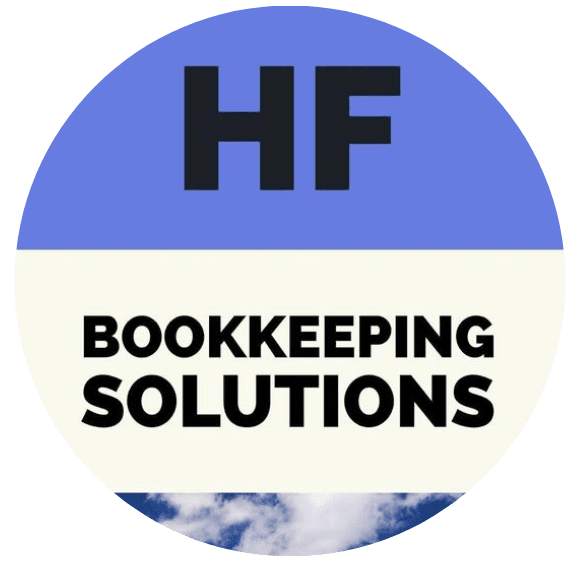Bookkeeping 101: How Do People Get Started?

Posted on March 8th, 2023.
Bookkeeping is one of the most important tasks for any business. By keeping track of financial records, bookkeeping enables businesses to make informed decisions, measure performance, and plan for the future. In this blog post, we will cover the basics of bookkeeping and why it's so important. We'll also look at the different types of bookkeeping, how to set up a bookkeeping system, and tips for staying organized and accurate.
What is Bookkeeping?
Bookkeeping is the process of recording, categorizing, and organizing financial transactions. Bookkeepers use a variety of methods to track financial transactions, including ledgers, journals, and spreadsheets. Bookkeepers also use software programs such as QuickBooks, Xero, and Wave to help manage financial records.
Why is Bookkeeping Important?
Bookkeeping is important for businesses because it allows them to make informed and strategic decisions. With accurate financial records, businesses can measure their performance, plan for the future, and make sure they are meeting their financial goals. Bookkeeping also helps businesses comply with government regulations and tax laws, and ensure they are paying their taxes on time.
Types of Bookkeeping
Bookkeeping can be broken down into two types: manual and computerized. Manual bookkeeping involves keeping records by hand, using ledgers, journals, and other paper-based methods. This method is labor-intensive, but it can be useful for businesses that don't have the budget for software programs.
Computerized bookkeeping is the more popular method these days. It involves using software programs to track financial records, such as QuickBooks, Xero, and Wave. These programs make it easier to store, organize, and analyze financial data.
How to Set Up a Bookkeeping System
Setting up a bookkeeping system is relatively easy. First, you'll need to decide on the type of bookkeeping system you want to use. If you choose a manual system, you'll need to purchase the necessary supplies, such as ledgers and journals. For computerized systems, you'll need to purchase the appropriate software and create an account.
Once you have the supplies or software in place, you can start entering financial data. You'll want to be sure to enter all of your income, expenses, and investments. You'll also want to create a chart of accounts to keep track of your different categories.
Tips for Staying Organized and Accurate
Staying organized and accurate is key to successful bookkeeping. Here are a few tips to help you stay on track:
• Set aside time each day or week to enter financial data.
• Use a consistent filing system to keep track of documents and records.
• Enter transactions in a timely manner.
• Double-check your work for accuracy.
• Review your data regularly to ensure accuracy.
• Run reports to track your financial performance.
Bookkeeping is an essential task for any business. By keeping accurate financial records, businesses can make informed decisions, measure performance, and plan for the future. There are two main types of bookkeeping—manual and computerized—and setting up a bookkeeping system is relatively easy. Finally, staying organized and accurate is key to successful bookkeeping. By following the tips outlined in this blog post, you can ensure that your bookkeeping system is running smoothly.
Are you looking for a reliable, experienced bookkeeper to help manage your finances? Look no further than HF Bookkeeping Solutions! You can trust that your books will be in good hands, so get in touch today to learn more about how HF Bookkeeping Solutions can help make your life easier.
Get in Touch
Ready to Organize Your Finances?
If you have any requests or would like to schedule an appointment, please contact us through this form, and we'll respond as soon as possible.
